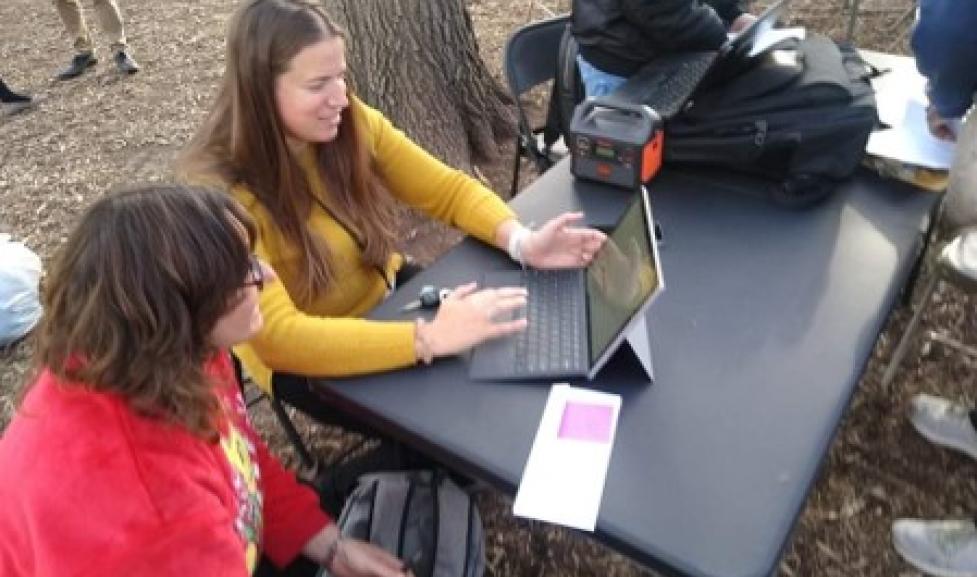Types of Cases Seen in Community Court
- Camping violations
- Tent violations
- Trespass
- Alcohol in public
- Marijuana in public
- Smoking where prohibited
- Other cases include littering and urinating in public.
These types of cases are most often seen amongst the unhoused. Serious violations are never addressed in community court.
Measuring Outcomes
We measure outcomes by the number of people we help. The majority of people that end up in this court are experiencing homelessness. The root cause of camping, trespass, and other similar tickets is that people do not have a place to call home. By helping people move towards long term solutions we get them out of the criminal justice system and thus increase community livability.
Success for Individual Offenders and the Greater Community
In the criminal justice system, the temptation is always to look at recidivism as a measure of success. What makes more sense is to look at what individual court participants accomplish, such as obtaining substance use treatment, acquiring a photo ID and social security card, or making other steps toward housing and self-sufficiency.
The citations that bring them to court serve as an opportunity to get participants engaged. Sanctions are aimed at resolving a person’s unhoused status and are tailored to each individual’s needs. Sometimes the person needs something simple like help replacing a state identification card, and sometimes it can be something complex like getting a person ready for housing. Often, their actions result in dismissal of the charge(s).
Our Data Show That the Community Court Model Is Working
From Oct. 1, 2020 – Dec. 31, 2021, 144 people with 504 cases were seen in community court. Over 525 tasks or sanctions were ordered, and 454 of those were completed, which amounts to a completion rate in excess of 86%. In some cases, these assignments are completed at court. BUT prior to community court, sanctions such as traditional community service were completed less than 10% of the time and often landed individuals in jail, which did not address the root cause of the original crime.
For the unhoused community as whole, success means the criminal and human services systems are working together in a seamless way. When we can address the underlying issues causing homelessness, then we are going to have a safer community.
Mentor Court
City of Boulder's Community Court is designated as a Mentor Court by the Center for Justice Innovation. Mentor Courts are experienced local community courts selected to guide developing community courts as they navigate common issues and challenges. Mentor Courts collaborate with the Center to provide guidance and peer consultation to sites grant-funded by the Bureau of Justice Assistance (BJA) fund, aiming to implement or enhance community court projects nationwide. Boulder Community Court is being supported by the Center to mentor community courts in Utah, Wyoming, Nevada and Mississippi.
COVID-19 Impact on Community Court
We started as a mobile court instead of an indoor court. But it was a blessing because mobile court reaches people where they are, utilizing a pop-up court model. Partner agencies were less available during COVID-19, and usually only virtually, but ordering documents such as medical records, social security cards and identification cards could be done electronically rather than in person.
